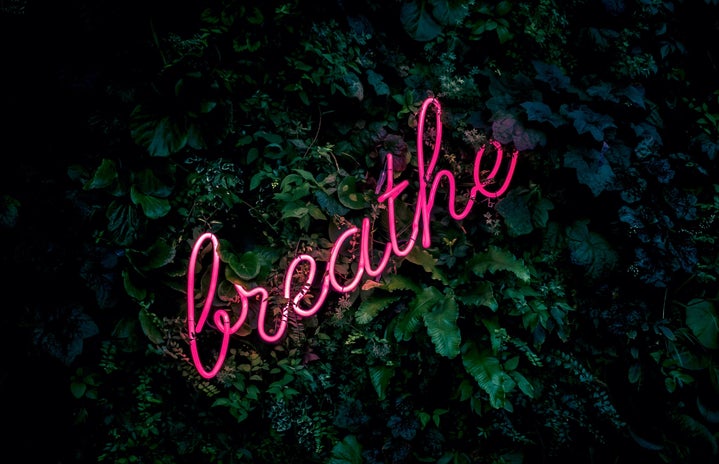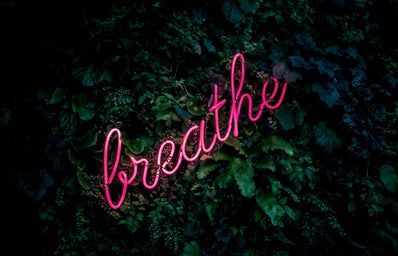Although all disabilities bring forth their own struggles, perhaps some of the most difficult ones to live with are those that are invisible. A respectful relationship between the able-bodied and disabled depends largely on the knowledge and consideration of the disability. But when the condition can’t be easily visualized, obtaining proper accommodations becomes significantly harder. This is exactly what the Sunflower Lanyard project is trying to fix.
The program, which is based predominantly in the United Kingdom, offers a visual sign of hidden disabilities. People with these disabilities can obtain a free green lanyard with sunflowers on it, which signals to staff, professionals, and those surrounding the wearer that they may require additional support.
On my very first trip to the airport since getting a lanyard, I was immediately greeted with support. At check-in, I requested an aisle seat. Because of my disability, I struggle to sit in close, confined seats. The employee told me that they noticed my lanyard when I first spoke to them and automatically booked me an aisle seat, as they didn’t want to assume I could sit in a middle seat. In this situation, a request that likely wouldn’t be fulfilled without the lanyard was happily accepted with it. What may seem like a small benefit had the biggest impact on me, and I truly appreciate the power of the lanyard.
The lanyard is recognized in many airports, workplaces, and universities around the world, including most in the United Kingdom. However, despite the excellent goal of the program, it is still lacking presence in the United States–and that needs to change.
The Americans with Disabilities Act, or ADA, was signed into law in 1990. Since this law was enacted, America has become an immensely more accessible country for the disabled population. However, there continues to be an underlying ableist nature embedded in the culture of our country (and most countries, for that matter). We tend to assume that anyone is able-bodied unless proof of disability is visually apparent. And with 26% of the United States population being disabled, this mindset is incredibly misleading.
The Sunflower Lanyard not only provides support to the disabled community, but it also encourages further and broader education for the general public. Involved businesses and charities are given training resources for their employees to ensure that everyone, disabled or not, is aware of the potential required accommodations. This is why I find it incredibly important that the project is made more recognizable in the United States.
Currently, thirty-two airports in the United States recognize the lanyard. And while this may seem like a lot, this number equates to only about 0.6% of public airports in the country. Additionally, many on the list aren’t as accessible as they make themselves out to be. For example, JFK claims to recognize the lanyard, however, only Terminal 4 truly participates.
Prices to participate in the program on a business/corporate level vary from about $340 to almost $1,700. This is a small price to pay for the accessibility of all potential customers. Once this becomes normalized, the cost will no longer be an outside payment but rather a payment of regular business upkeep.
Everyone benefits from this program–those who have disabilities can attain accommodations and those without can attain excellent education. If we truly pride ourselves on being an accessible country, things like the Sunflower Lanyard program would be seen everywhere. Starting to recognize this program nationwide will jumpstart a new era of accommodations for the disabled population everywhere.


